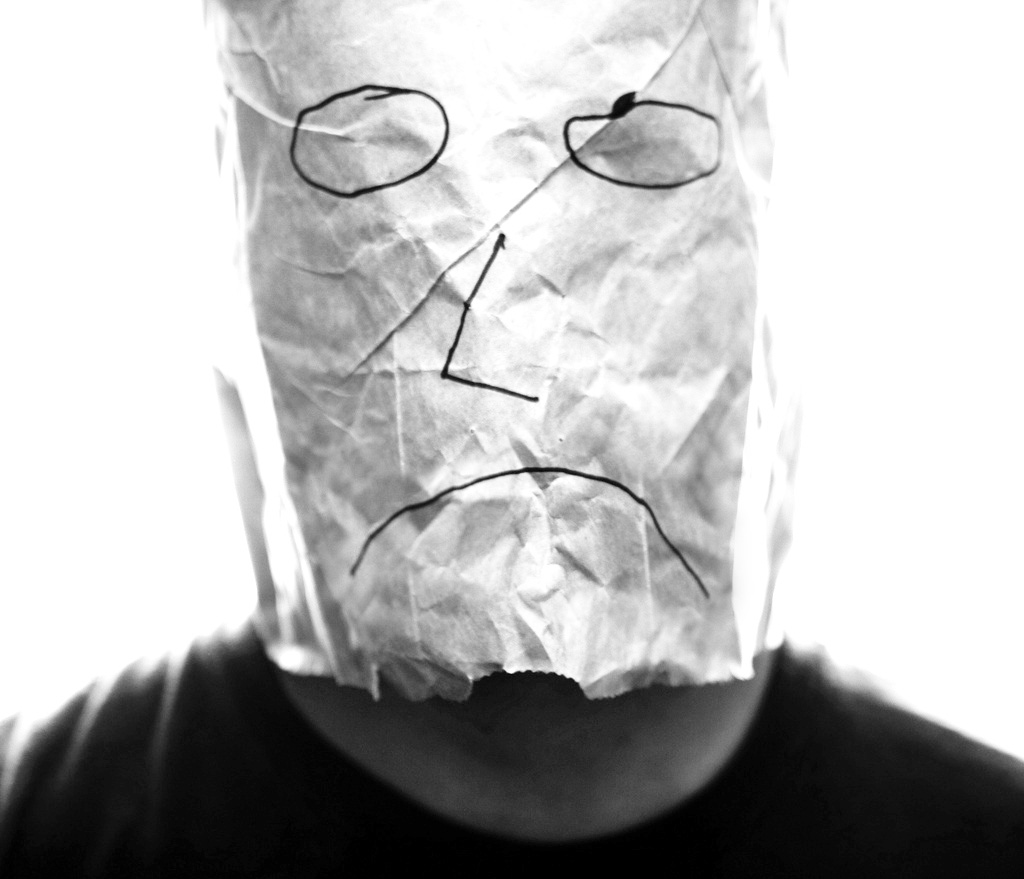By Martin Castro (Contributor) – Email
Print Edition: March 11, 2015
Jokes are usually pretty funny. Jokes at someone’s expense are funnier, especially when that person is marginalized. Jokes about women? Hilarious! Jokes about African-Canadians? Bring them on! After all, they’re “just jokes,” right?
Jokes that poke fun at certain groups of people have always been, and will probably continue to be, part of the collective repertoire of humour in our society’s back pocket. Everybody knows at least one racist joke. But when we further scrutinize whether there’s any further meaning behind these jokes, the answer is always: “Oh, it’s just a joke.” Are they just jokes?
Part of the problem stems from who is telling the joke, and, most importantly, to whom they’re telling it. Jokes can be used to make light of a potentially grim situation, as they break the tension surrounding an event or particular issue. This is a useful aspect of jokes, as they can be used (cautiously) to help the process of grieving, and to cope with adverse situations or conditions. But jokes don’t always have this kind of effect.
During this year’s Oscars, for example, host Neil Patrick Harris made what some people have called distasteful jokes. Mind you, this doesn’t mean all his jokes were distasteful, but many of them certainly caused a stir among guests and those tuning in from home, as evidenced by the hefty amount of media coverage focusing on them. Some of the jokes that have been criticized the most had to do with the film American Sniper, stemming from the number of people the titular sniper Chris Kyle had killed, as well as equating the movie with Oprah. I watched the Oscars and I’m still trying to figure out why he thought the comparison was at all appropriate. Perhaps even more shocking was the one directed at Octavia Spenser, which pretty much amounted to Harris cracking a joke about the actress’ weight.
There are some people, even in our everyday lives, who can get away with making jokes that most would consider risqué or off-colour. Fine, I think we can all live with that. However, when the jokes move beyond just risqué to downright offensive (and not funny), the person making these jokes has to ask themselves why they’re making them.
Under regular circumstances, can Harris get away with making off-colour jokes? Of course he can; he’s Neil Patrick Harris, and most people already think he’s funny. But, as evidenced by this year’s Oscars, he can’t get away with making off-colour jokes that are more offensive than they are funny, regardless of who he is.
If there’s a moral to the disaster we saw during the Oscars, I think it’s this: some mean jokes are funny — hilarious even — but some jokes are just mean, and comedians (and everyone else) need to really evaluate the kind of joke they’re telling, and who they’re telling it to, before letting loose their comedic prowess on the audience.


